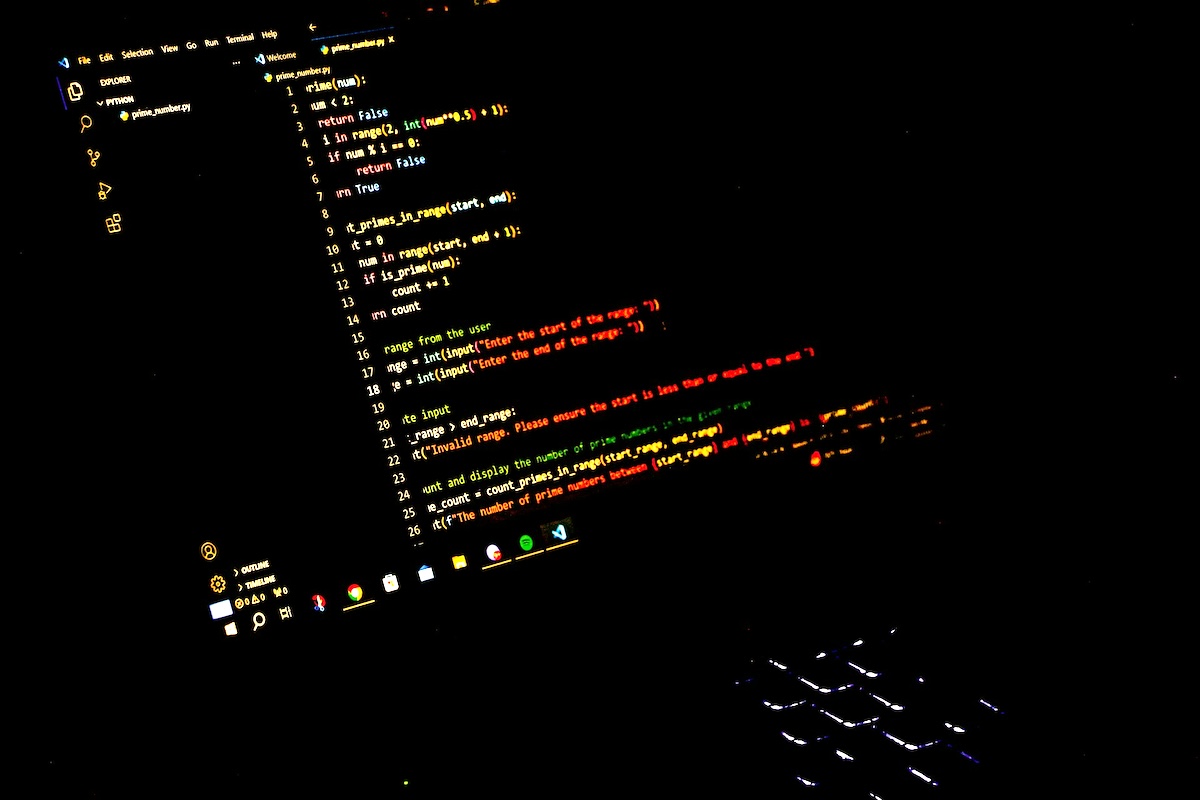Skift Take
There is no question that virtual events remain the only viable option to give continuity to companies’ event programs. As the market matures, the focus is shifting towards more tangible objectives.
When the pandemic hit almost a year ago, companies were caught off guard. Very few were ready with a virtual alternative to their in-person events.
What happened afterward was a matter of survival, experimentation, and mostly reaction, with the hope that the summer would sweep away the virus and we could go back to in-person events.
Many thought the industry was on track with cases going down in Europe and some in-person events starting to take place. Despite epidemiologists and intelligence pointing at a second wave, few imagined what the last part of Q4 2020 and the start of Q1 2021 would look like.
The conversation quickly moved from thinking about hybrid events to a complete reversal to virtual events, at least outside of select geographical areas with no government limitations.
A Complex U-turn
There is a feeling that companies are now looking differently at virtual events. This was confirmed by my chat with Carina Bauer, CEO of IMEX, a large trade show in the event industry. One day after they announced the cancellation of the upcoming May show in Frankfurt, Bauer spoke about a shift for the virtual experience — one more focused on doing business.
This is the pain many large event planning companies feel. Virtual events have been great to keep brands alive in the most catastrophic months the event industry has ever experienced, but as the crisis progresses, new needs are arising, These dynamics make a virtual event u-turn more complex and undoubtedly different from the initial pivot.
Four Areas Of Focus
Free events
The idea that companies can keep throwing free virtual events is not realistic. Few virtual events have managed to capture enough of an audience to run on sponsorship alone. The reality of the next few months is that more events will need to introduce payments to survive.Very few bosses will approve event programs with unclear business models. With sponsorship tangibility still unsure, a massive shakeup is ahead. This dynamic is one that will profoundly impact the virtual event technology market.
The current offering of virtual event platforms is still focused on optimizing the experience, a very valid requirement, but the chronic lack of monetization opportunities within platforms could shift demand very quickly.
Tech platforms that help planners to monetize will win in 2021.
Closing business
There is a misconception that virtual events are failing to connect attendees — what many refer to as lacking networking opportunities. There is no problem with networking; there is a problem with closing business.This is what Bauer inferred when discussing the idea of ‘re-inventing’ Planet IMEX (the virtual alternative to the in-person show) to cater more for the need to close business. Many in the industry attended IMEX to catch up with friends, but the whole show is based on buyers hosted by the company to book business with suppliers. This is what made the event so important.
If that business is not closed, the impact on the industry will be substantial. Many event planning conglomerates and companies are (or should be) asking themselves how they can move those business-making opportunities online.
This is a complex issue that requires both a strong meeting design element and more technology tools. The current focus of planners and platforms is on content. While content will stay king, closing business is the only reason many attend business events.
Those planners who understand the vital role business events have to close business will be able to thrive in 2021. The same goes for those platforms that will enable closing business transactions over sterile networking tools.
Asynchronous attendance
There are only so many virtual events that a person can attend. Those people lucky enough to still have a job are overwhelmed by an always-on requirement and continuous virtual meetings.We are beyond zoom fatigue. Even having the mental capacity to sit through a three day long virtual event seems to be a stretch for most of us.
Companies are faced with the challenge of registering attendees while at the same time giving them the freedom to experience the content how and when they want. This is why platforms such as Clubhouse are taking off.
The ability to casually enter conversations about topics that matter in audio-only format is extremely appealing for those overwhelmed by the work-from-home environment.
Platforms should offer more and better options for asynchronous attendance and more effective ways to monetize that.
Building community
If you’ve been in event technology for a while, you may be familiar with platforms marketing themselves as ‘year-long communities’. This idea that attendees would engage in online platforms after the event is over never actually materialized. Attendees have always preferred to stick to existing social networks to connect with attendees.There is a clear opportunity now for virtual event platforms to actually become year-long engagement destinations. If a company plans its events for the year on one platform, it makes sense to start thinking about how to make attendees hang out on that platform for the year and RSVP to events as they are released.
This becomes a clear subscription or marketing opportunity.
IN CONCLUSION
Whether we like it or not, we are stuck with virtual events for a while. Companies are getting more strategic with the role virtual events play to achieve their event program objectives.
The new challenges brought along by a protracted lockdown in many countries will require platforms to come up with new and better tools to help with monetization, business deals, asynchronous attendance and community building.
One thing for sure, assuming that virtual events will have the same role, reach and effectiveness of 2020 is naive at best. Planners and platforms will be faced with a new set of challenges that will truly determine whether virtual events are here to stay or were just the only alternative during a worldwide pandemic.





